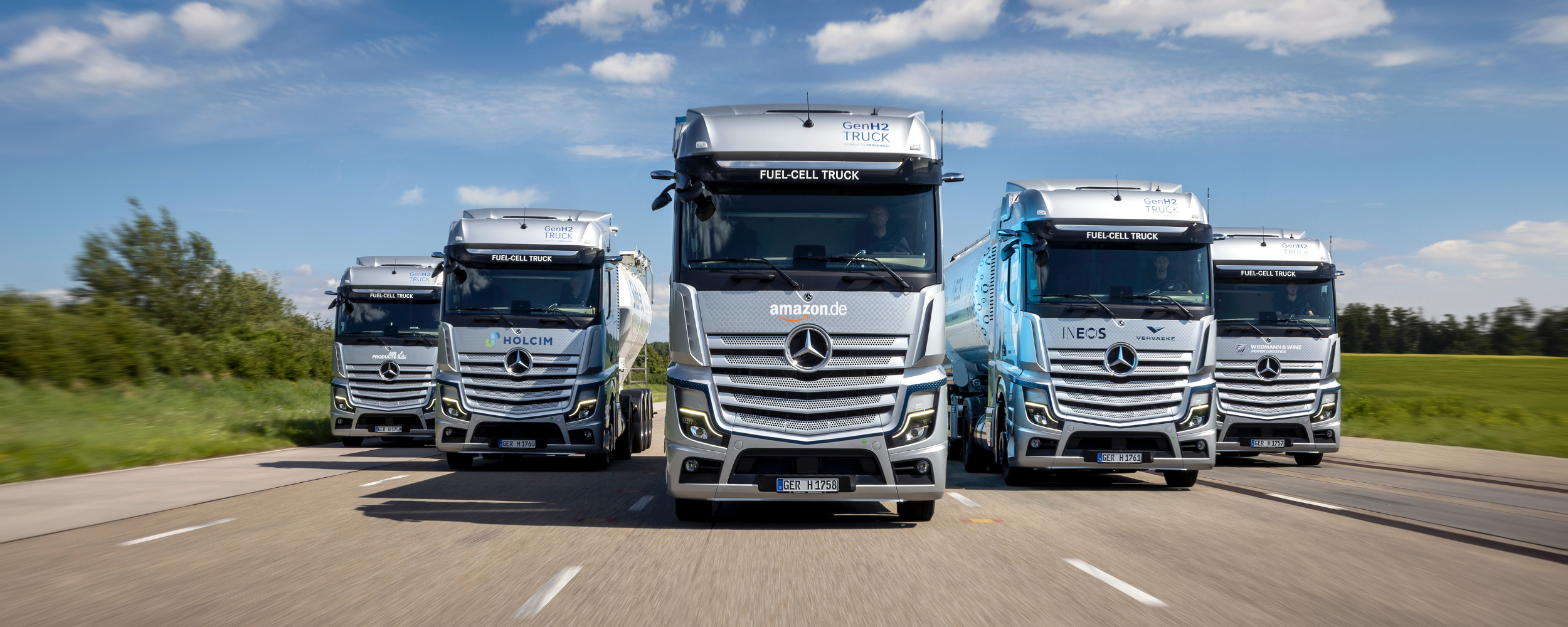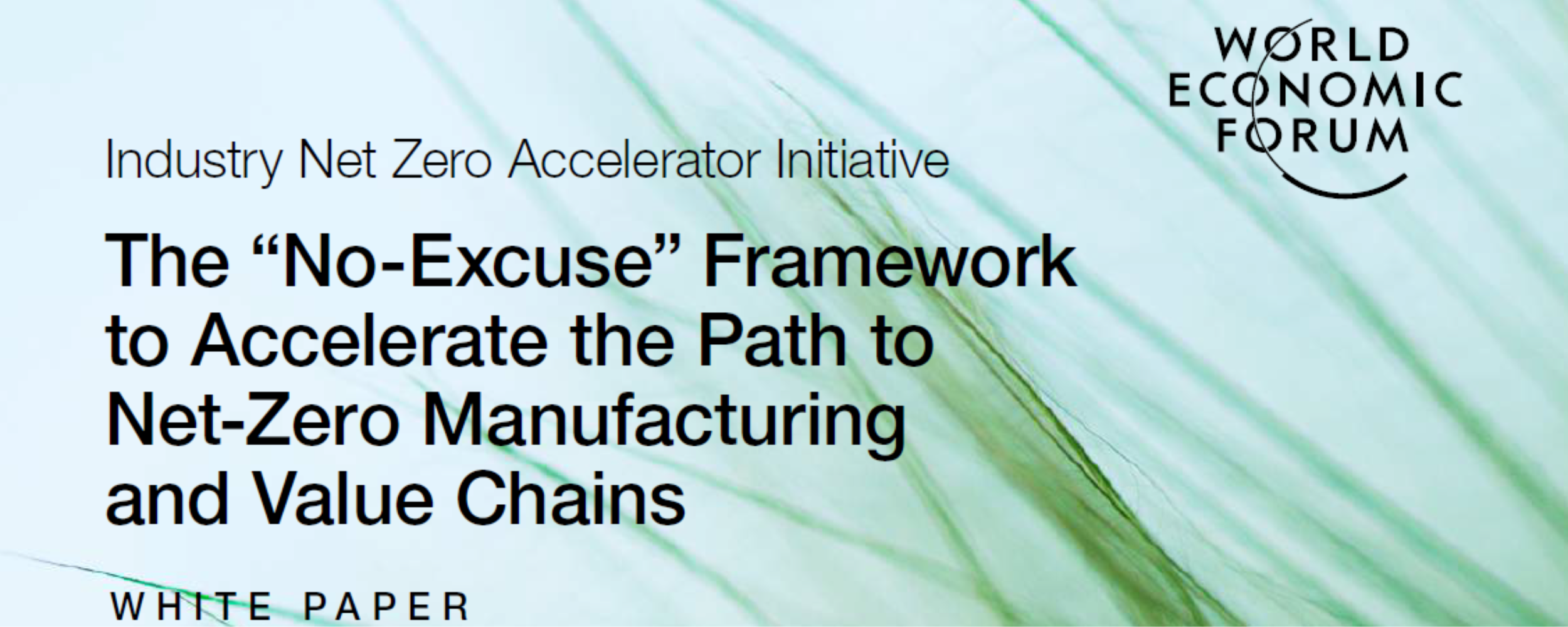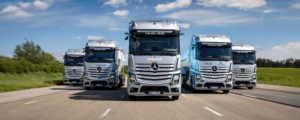The Harvard Journal published a Study of Sylvia Zhang on data collection. The study focuses on the question “Who is the owner of the data generated by a smart car?”.
Customers, logistics operators and shippers increasingly rely on digital data flows. This includes everything from full tracking and tracing expected arrival time, e-documents, CO2 emissions, automatic billing, security or other sensors. The ability to share such information powers a range of high-value logistics services creating a new IT platform industry worth billions of euro. However, who reaps the benefits of the truck data?
Let’s take an example. A new tech visibility platform builds a business model with your truck data (GPS position, speed, fuel consumption, ..) and obtains real time truck data from the truck manufacturer. These truck data are shared while you drive your truck. Subsequently this visibility platform shares the same data set with a typical freight market place. Those link it with a transport order of your customer and subsequently sells a time slot booking service to you or your customer.
In sum, you do not only pay and drive the truck and do all the hard physical logistics work. In addition, you pay for the transport order messaging and time slot service while you are no longer the boss of your own truck data.








